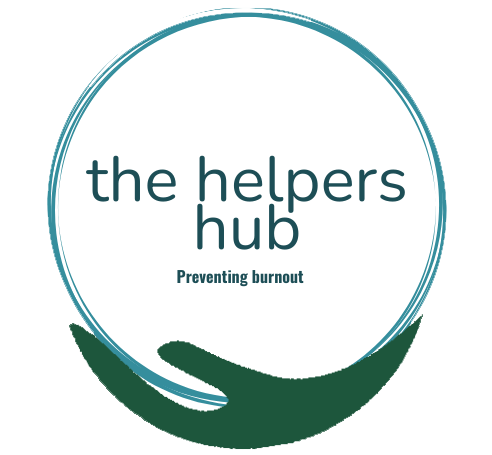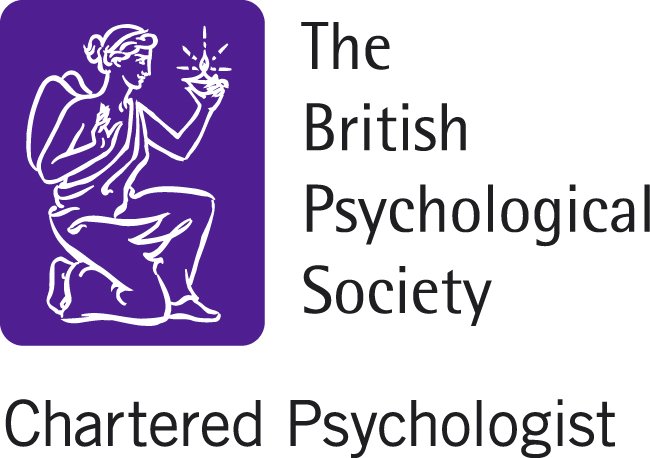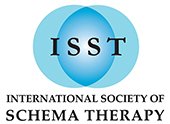Dr Samantha Leaity
My interest in physical and mental health was kindled in 1990 during a BSc in Psychology & Biology followed by an MSc in Health Psychology.
After my studies my career progressed in chronic health as an academic researcher (oncology, HIV), then as a Clinical Psychologist working in the NHS for 10 years across Infection and Immunity, Sexual Health, HIV, CFS/ME and Oncology. Inspired by the benefits of my own meditation practice I trained in and ran mindfulness-based cognitive therapy groups for different conditions, seeing both the benefits and challenges of cultivating body awareness and sitting with vulnerability.
Over the past 14 years, I have run my own private practice and expanded from chronic health to a wide range of mental health conditions, aware that difficulties in one domain can compromise the other sometimes to a significant degree.
My certification in 2015 as an advanced Schema Therapy, supervisor and trainer enabled me to work with, supervise, and train others in working with complex, enduring and relapsing conditions such as complex trauma, PTSD, bipolar disorder, relapsing conditions, chronic health and more recently neurodivergent conditions. In my associate university roles I teach schema therapy to clinical doctoral trainees and regularly conduct mid-placement reviews.
I am interested in how key life experiences at an individual, familial, cultural and societal level shape how we operate in the world and lead to deeply ingrained patterns, including how we work and how we care for ourselves and others. Some are less obvious, like intergenerational traumas and the legacies and values we inherit. Being born and raised in South Africa during the apartheid era taught me a great deal about these layered effects and epigenetics of how we respond to our environments, about oppression and post-traumatic growth, and about how our bodies house all our experiences over time, much of it invisible to us.
The Helpers Hub is a natural progression, a community in which we share our combined experience and expertise of how our bodies feel the impact of caring over time. At a time when burnout seems inevitable, working in embodied ways with resourced and nourished nervous systems can enable you to work more sustainably without compromising your wellbeing.





